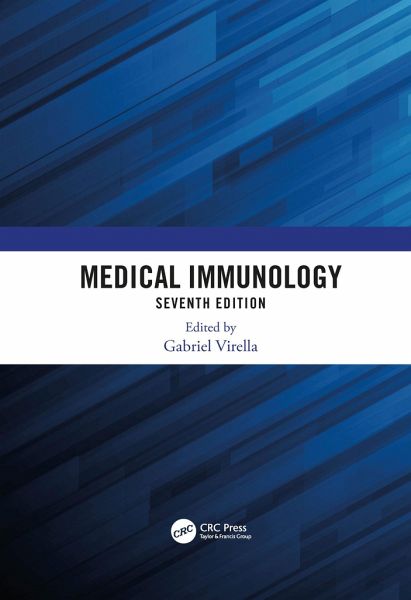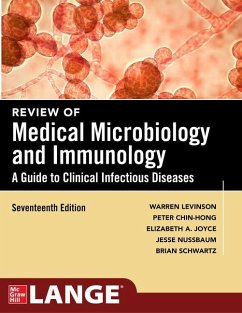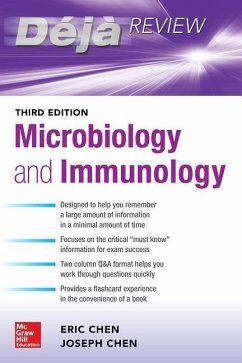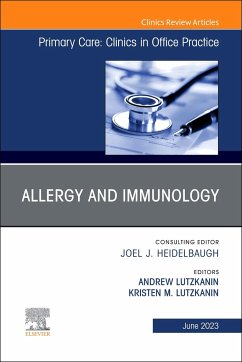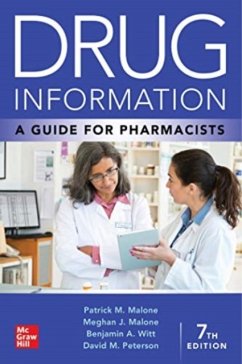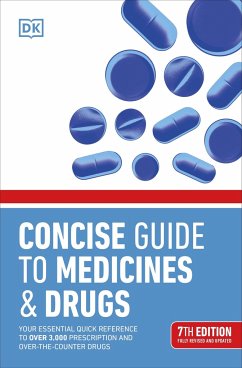Gabriel Virella obtained his MD and PhD degrees at the University of Lisbon, Portugal, in 1967 and 1974. He did post-doctoral studies in Immunology at the Department of Experimental Pathology, University of Birmingham, England (1968-69) and at the National Institute for Medical Research, Mill Hill, London, England (1969-1970). From 1970 to 1975 was a Researcher at the Gulbenkian Institute of Science, Oeiras, Portugal. He moved to the Medical University of South Carolina (MUSC) in 1975, where he is an Emeritus Professor of Immunology and Microbiology. He has published 260 articles in topics related primarily to immunology, with particular emphasis on the involvement of autoimmune phenomena in the pathogenesis of atherosclerosis. He has described original techniques for the isolation and characterization of antigen-antibody complexes, immunoassays for tetanus and diphtheria antibodies, and for the assay of modified LDL and corresponding antibodies. In 1989 he was co-recipient with Drs. Christoph Gisinger and Maria F. Lopes Virella of the Squibb Award of the Austrian Society for Internal Medicine for the work entitled "Metabolic effects of Lipoprotein Immune Complexes in Macrophages". He co-edited a first edition of "Introduction to Medical Immunology" in 1986, and became the single editor of the 3rd edition, in 1993. The 4 ed. (1999) was translated to the Italian. He has now edited the 7th Ed. of Medical Immunology. In addition, he published "NMS Microbiology and Infectious Diseases", 3rd Ed, Williams&Wilkins, 1997; and NMS Q&A Microbiology, Immunology, and Infectious Diseases, Lippincott Williams & Wilkins, 1999. He was Section Editor of Clinical Immunology from 1989 to 2003. During his tenure at the Medical University of South Carolina he received numerous teaching awards from the students, the Health Science Foundation Teaching Excellence Award, MUSC in 1996 and 2006, Governor's Distinguished Professor Award in 1996 and 2006, the National Robert J. Glaser Distinguished Teacher Award in 2003, and cited as Cited as "Master Teacher" by the Board of Trustees of The Medical University of S.C. in 2007.
